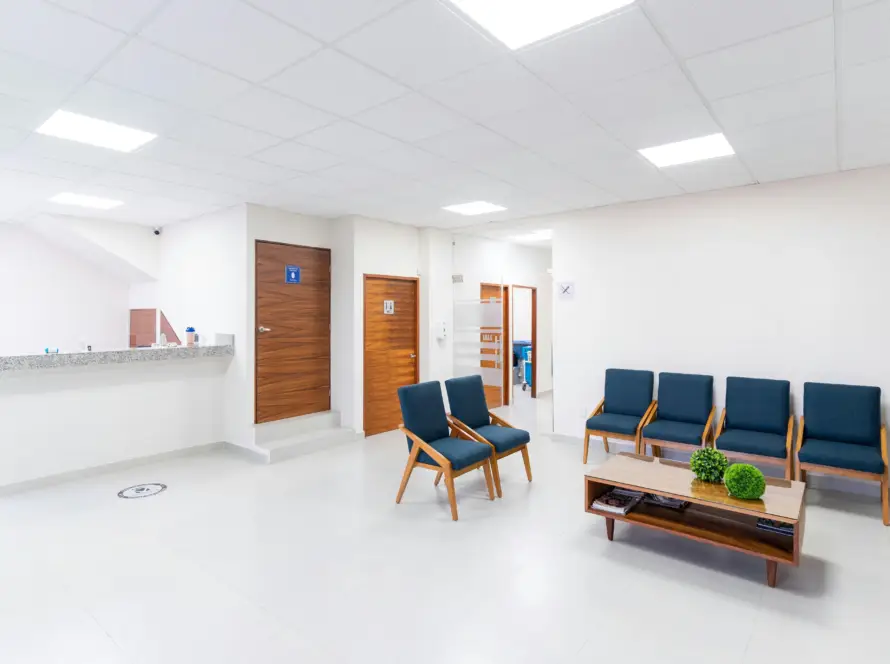Generated by Contentify AI

Improving Hospital Efficiency and Quality of Care
In today’s fast-paced healthcare landscape, hospitals face numerous challenges in delivering efficient and high-quality care to their patients. To address these challenges, it is crucial for hospitals to adopt innovative strategies and technologies that can streamline processes and optimize outcomes. This blog will discuss some key approaches that hospitals can take to improve their efficiency and enhance the quality of care they provide.
One effective way to improve hospital efficiency is through the implementation of electronic health records (EHR) systems. EHRs eliminate the need for paper-based records and enable healthcare providers to access patient information quickly and accurately. By centralizing patient data, EHRs enhance communication and coordination among healthcare professionals, leading to more efficient and coordinated care delivery. Furthermore, EHRs enable the automation of routine tasks, freeing up healthcare staff to focus on more essential aspects of patient care.
Another crucial aspect of improving hospital efficiency is optimizing workflow processes. Hospitals can achieve this by employing lean management principles, which involve eliminating waste and streamlining operations. By analyzing processes and identifying bottlenecks, hospitals can identify areas for improvement and implement changes to enhance efficiency. This may involve redesigning workspaces, implementing standardized procedures, or introducing technology solutions that automate routine tasks. By streamlining workflows, hospitals can reduce waiting times, enhance patient satisfaction, and ultimately deliver better quality care.
Furthermore, leveraging telemedicine technologies can also greatly contribute to both efficiency and quality of care. Telemedicine allows healthcare providers to remotely diagnose, treat, and monitor patients, eliminating the need for unnecessary hospital visits. This not only saves time and resources but also ensures that patients receive timely care, especially in rural or underserved areas. Additionally, telemedicine enables healthcare providers to collaborate and consult with specialists from different locations, thus enhancing the delivery of specialized care.
In conclusion, improving hospital efficiency and quality of care is a multifaceted endeavor that requires hospitals to adopt innovative strategies and technologies. By implementing electronic health records, optimizing workflow processes, and leveraging telemedicine, hospitals can enhance their operational efficiency and deliver high-quality care to their patients. Embracing these approaches will not only benefit healthcare providers but also result in improved patient outcomes and experiences.
Key Takeaways
- Implementing electronic health records (EHR) can improve hospital efficiency by reducing paper-based processes and improving information sharing among healthcare providers.
- Adopting lean management strategies can enhance hospital efficiency by eliminating waste, improving processes, and ensuring better resource allocation.
- Investing in advanced technology and automation can improve the quality of care in hospitals by reducing medical errors, improving patient outcomes, and enhancing communication among healthcare teams.



